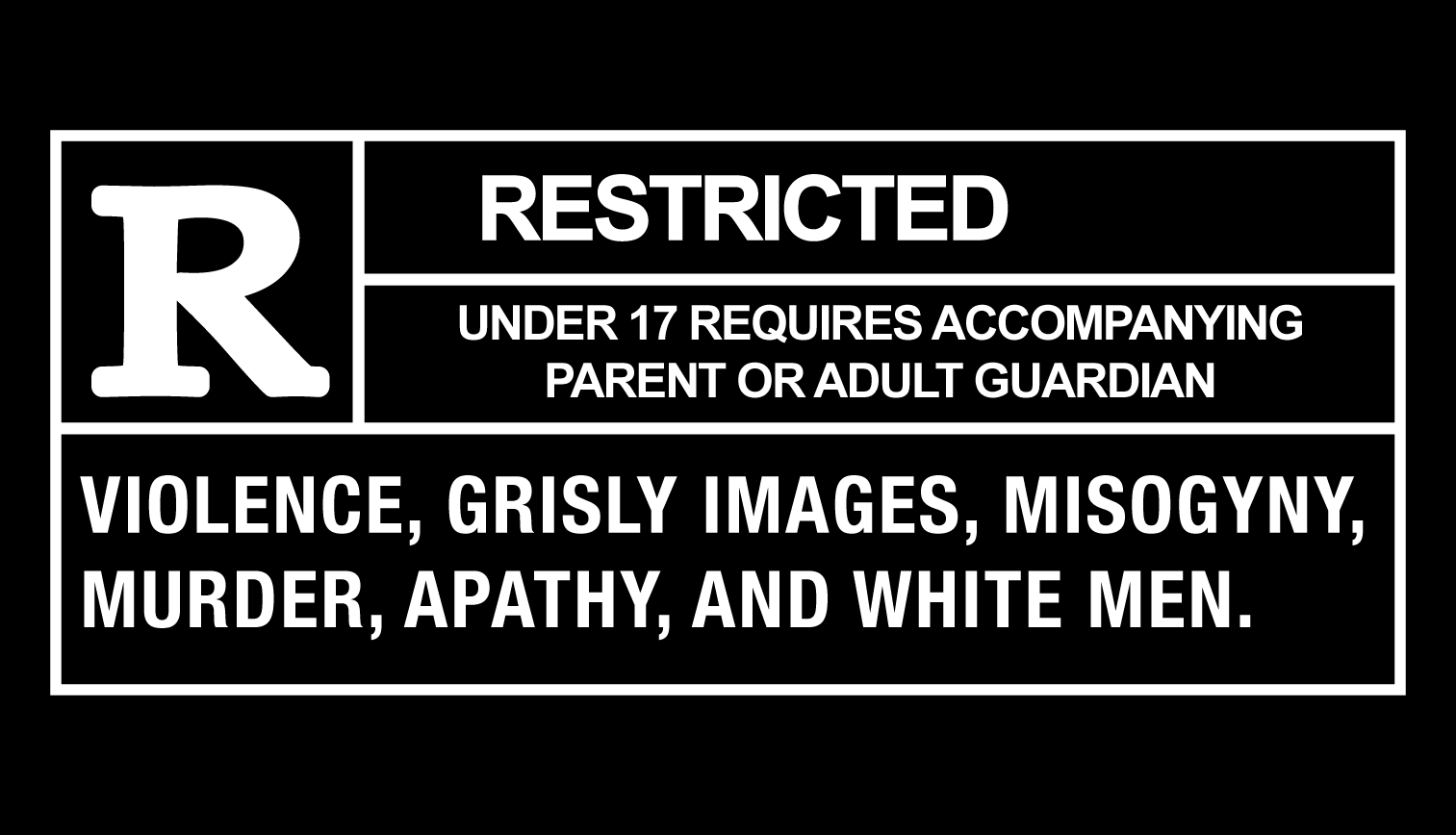A man bought a ticket to watch a movie. He went in before the screening, propped open the emergency exit, and hid something inside.
About half an hour into the movie, the man came back into the theatre wearing a ballistic helmet, bullet proof vest and leggings, a gas mask, and gloves. He detonated smoke bombs into the crowd, who thought it was all special effects; part of the movie experience. Then he unloaded four weapons full of ammunition, killing 12 people, one of whom was a six-year-old girl, and injured 70 people.
“I’m the Joker,” he told police upon his arrest minutes after the massacre.
That was James Holmes in Aurora, Colorado, in 2012, when The Dark Knight Rises was released. Prior to that horrible night, reports said that neighbours and families saw nothing out of the ordinary in his behaviour. Nothing that pointed to the disturbed individual who lied behind the Honours student and PhD candidate persona. Neighbours said he was geeky, but didn’t seem anti-social or angry.
He’s a white man who has a high education, a ‘normal’ childhood, is social, talks about football, buys guns legally. Pretty much your average American white male – but with a tendency for cold-blooded murder. Holmes has more in common with Ted Bundy than Arthur Fleck.
Still, it’s well-known that the Joker is admired and even glorified by internet trolls, incels, and people with violent tendencies. They relate to the character that’s a “man who wants to watch the world burn.” It might even feel like they’re being represented on TV – it almost gives validity to their feelings, like they’re not alone, like what they feel matters.
The thing is that humans create connections and see patterns in things that really are not connected at all. According to an article in Time, even Pepe the Frog turned into a symbol of hatred for the alt-right. People see what suits their previously set beliefs and biases. They ignore the fact that Joker is a villain, and just see the resonance of their sentiments with his. Joaquin Phoenix’s Joker is no different in that sense.
It’s different, however, in the fact that it’s humane.
Everything about Joker is humane. The setting, the cinematography, Arthur Fleck – Joker only makes an appearance at the end of the movie. Naturally, it’s an origin story. The thing is, it’s a vividly violent and realistic portrayal of the humane. And it revolves around a white man.
What I liked the most about Joker was that it was highly visual. You could see the violence forming in Fleck’s eyes, you could see the hatred brewing – you could feel it. Contrary to what I’ve read, I didn’t feel sorry for him from the moment he killed those men on the train to the rest of the movie. Before that, I did sympathize. Everyone should. Had his mental illness been taken care of, had the system not been so broken – there might have been a chance of innocence for Arthur Fleck.
The movie is about everything that could have put a stop to Fleck’s transformation into Joker. People were disturbed by Todd Philips’ realistic setting, rather than the comic-book version, according to a piece in Time. Is it not a ‘realistic setting’ when Arabs are constantly portrayed as terrorists on TV and film?
Joker is not an ode to incels. It’s a shout to a broken system. Fleck’s behaviour is not excused – he becomes a horrible person. Apathetic and sociopathic, but he was not born that way. The broken system begins with an unfit mother adopting a child. The head trauma Fleck suffered at a very young age was definitely not properly taken care of – even today, head traumas are complicated and you can’t always know what side effects might appear. He was not given a proper education, the court-ordered therapy was inefficient, and he’s an anti-social, awkward, bullied incel.
I’m not a psychologist, but I’m positive that there’s a lot more in his head than his Pseudobulbar affect – the mental disorder where the physical reaction doesn’t match the actual feelings. Most critics claiming Joker is a danger and might instigate violence are American.
These critics are forgetting one thing: you’re still deviating from the real problem, and that’s your own version of a broken system. There might be proper healthcare, and proper background checks for those who want to adopt – but your gun laws are lenient, to say the least. Mass shootings and white, male violence didn’t start with Joker, or Fleck, nor will it end with them.
I wonder. Are you upset that the origin story is grossly violent and realistic, or are you bothered at the fact that a white man is being portrayed that way?




